
‘Shuts TF Up’: Scott Jennings’ Unhinged Back and Forth with Abby Phillip Takes a Turn When Van Lathan Begins to Speak
Abby Phillip and Scott Jennings Clash on CNN Over Trump’s Portland Narrative as Federal Judge Rebukes “Untethered” Claims
It was a fiery night on CNN’s NewsNight with Abby Phillip when tensions boiled over between host Abby Phillip and senior political commentator Scott Jennings during a heated segment on former President Donald Trump’s response to unrest in Portland, Oregon.

The exchange, which aired Friday evening, quickly went viral as the pair sparred over whether Trump was exaggerating reports of violence in Portland to justify deploying federal troops to the city — a move that critics say blurred the line between public safety and political theater.
Phillip, known for her sharp interviewing style, challenged Jennings’ defense of Trump’s “law and order” rhetoric, while Jennings repeatedly interrupted her, prompting guest commentator Van Lathan to interject with a pointed rebuke that shifted the tone of the debate. “Portland isn’t a war-ravaged city,” Lathan said. “Political spin is part of ginning up everything you need to execute your agenda” (source: CNN).
The Debate Heats Up On-Air
The discussion centered on Trump’s latest comments calling for an “emergency federal intervention” in Portland following the arrest of conservative influencer Nick Sortor outside a local ICE facility. According to White House Press Secretary Karoline Leavitt, Sortor was “ambushed by Antifa thugs” — a claim local police later described as “unverified” (source: The Oregonian).
Phillip pressed Jennings on whether the president’s portrayal of the city as “war-ravaged” was accurate.
“Portland is a city — not a perfect one, but it’s still a city,” she said. “Something happening on one block doesn’t make it a war zone.”
Jennings countered forcefully, asserting that “federal officials believe their facility is under attack,” and that “nobody wants to go there anymore.” When Phillip continued questioning his framing, Jennings cut in again: “So we should just let it go?”
At that moment, Van Lathan, known for his commentary on race and media, stepped in with what many online called “the mic-drop moment.”
“It’s interesting that everyone was arrested,” he said, “and yet the focus is on this one guy. The underlying lesson from MAGA is they get to decide which Americans matter.”
Social Media Reacts — and Picks Sides
Within minutes of airing, clips of the exchange began circulating widely on X (formerly Twitter), Threads, and TikTok, racking up millions of views. Many users noted the difference in tone Jennings used with Phillip versus Lathan.
“What I found interesting is him constantly interrupting Abby Phillip, but kept his lips sealed for Van Lathan,” one viewer wrote on Threads.
Others were more direct. “Jennings needs to stop spreading lies and misinformation on national TV,” another user posted, echoing a growing chorus calling for CNN to feature a more diverse panel of voices.
Media observers at Deadline and The Daily Beast noted that the moment underscored the ongoing tension between CNN’s commitment to balanced debate and the growing viewer fatigue with “manufactured cable news conflict.” As Variety put it, “Phillip’s composure in the face of repeated interruptions has become a defining part of her brand.”
Court Ruling Undercuts Jennings’ Defense of Trump
Just hours after the broadcast, Jennings’ defense of Trump’s narrative suffered a major blow. On Saturday, U.S. District Judge Karin Immergut, a Trump appointee, halted the president’s call-up of 200 National Guard troops to Oregon, calling his justification “untethered to facts” and “a potential step toward unconstitutional military rule” (source: Reuters).
“This is a nation of constitutional law, not martial law,” Immergut wrote in her ruling. She found that Trump’s decision rested on “false claims about nightly unrest” in Portland. Local police had previously described recent protests as “small, manageable, and largely peaceful,” directly contradicting the administration’s portrayal of chaos (source: The Associated Press).
The Justice Department argued that Trump’s judgment deserved “enormous deference,” but Immergut firmly rejected that, stating: “‘A great level of deference’ does not mean ignoring the facts on the ground.”
Legal experts told The Washington Post that the ruling represents “a rare judicial rebuke” of presidential emergency powers, reinforcing limits on the federal use of force within U.S. cities.
The Broader Context: Power, Perception, and Politics
The Portland controversy is part of a broader national debate over presidential authority and the politicization of public safety. Trump’s decision to deploy federal troops had already faced backlash in 2020, when similar actions in Portland drew widespread criticism for excessive force and lack of local consent (source: The New York Times).
In the wake of Immergut’s ruling, the White House released a defiant statement. “President Trump exercised his lawful authority to protect federal assets and personnel,” said spokesperson Abigail Jackson, adding that the administration “expects to be vindicated by a higher court.”
Yet the ruling adds to a series of legal setbacks for Trump’s aggressive security strategy. Despite pushback from local leaders, Trump announced plans to expand troop deployments to Chicago, Los Angeles, and Washington, D.C., sparking new lawsuits from state officials, including Illinois Gov. J.B. Pritzker and D.C. Mayor Muriel Bowser (source: NBC News).
Immergut’s opinion, however, drew a bright line: the president’s rationale failed to meet the legal threshold for domestic deployment. “The administration’s argument risks blurring the line between civil and military federal power — to the detriment of this nation,” she warned.
The Moment That Defined the Broadcast
For many viewers, though, it wasn’t just the legal fallout that stood out — it was the on-air moment itself.
“Abby Phillip didn’t raise her voice once,” one viral post read, “but she dismantled a false narrative in real time.”
Media critic Eric Deggans of NPR later wrote that the exchange “epitomized the challenges of modern news discourse — where facts, spin, and emotion collide on live television.”
In the end, Van Lathan may have summarized the segment’s lesson best: “This isn’t about Portland being at war. It’s about the war over who gets to define what’s real in America.”
News in the same category

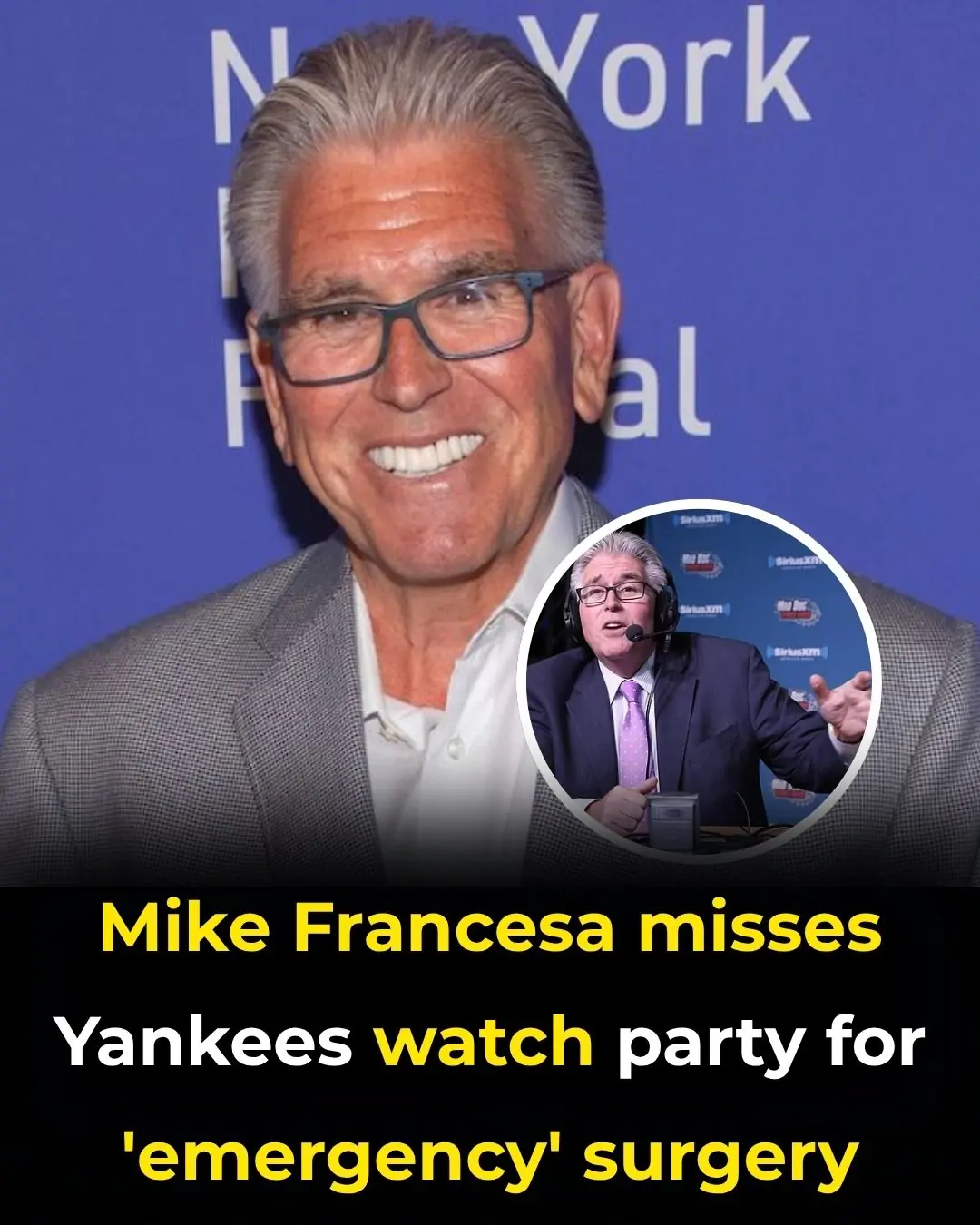
Mike Francesa misses Yankees watch party for ‘emergency’ surgery

Taylor Swift’s floral ‘Late Night With Seth Meyers’ outfit is covered in Easter eggs

Selena Gomez’s kidney donor, Francia Raisa, addresses wedding snub and feud rumors
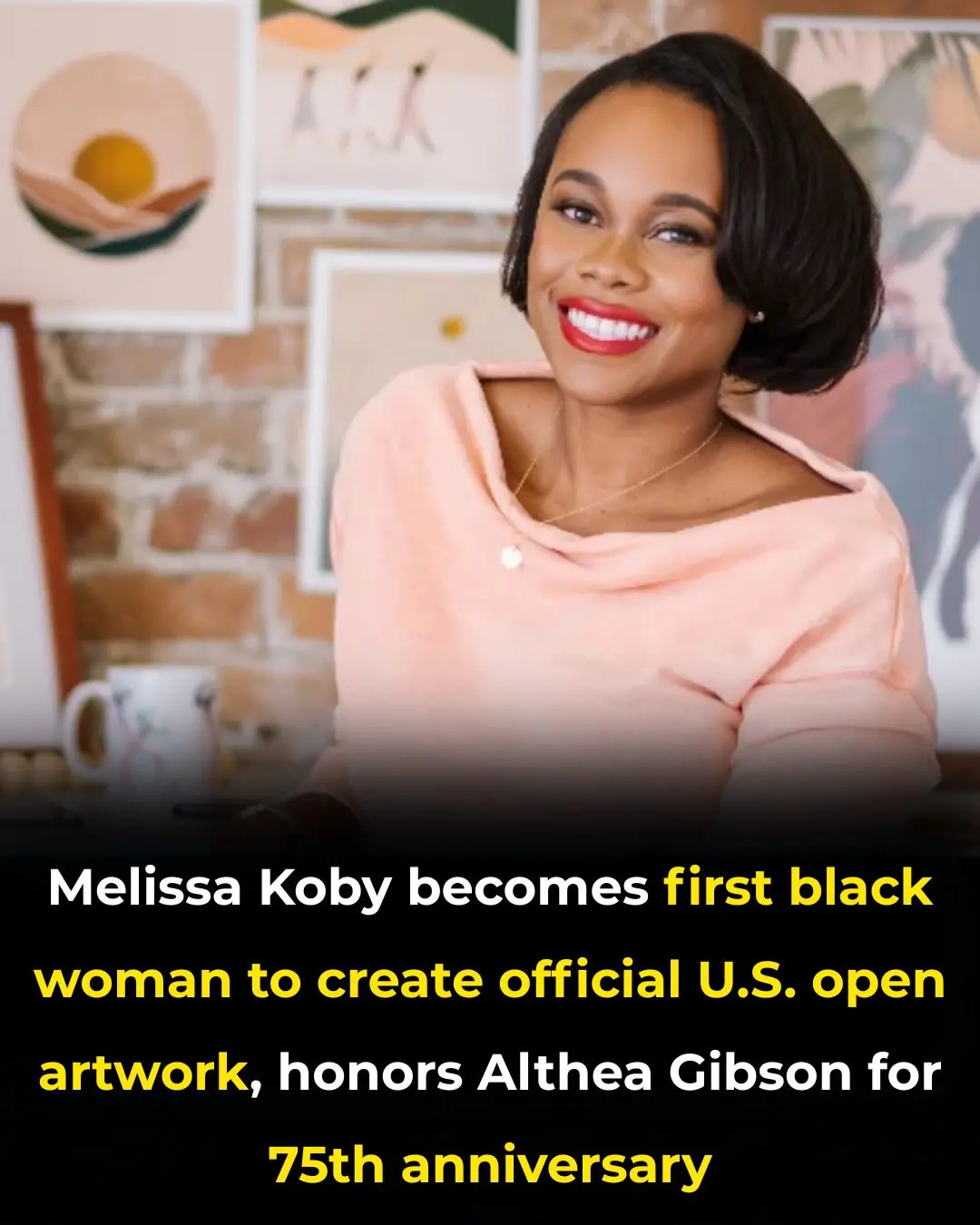
Melissa Koby Becomes First Black Woman to Create Official U.S. Open Artwork, Honors Althea Gibson for 75th Anniversary
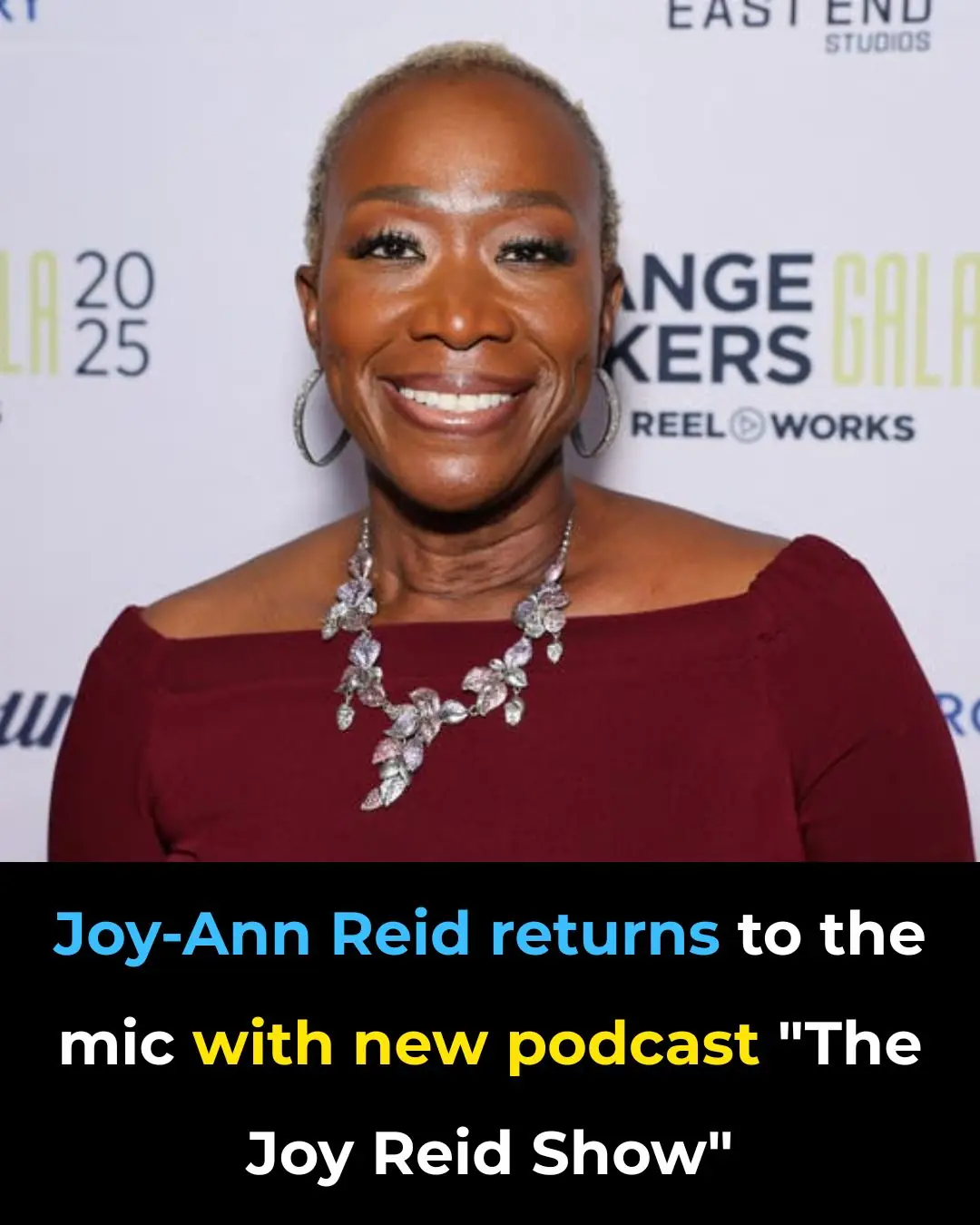
Joy-Ann Reid Returns to the Mic With New Podcast “The Joy Reid Show”
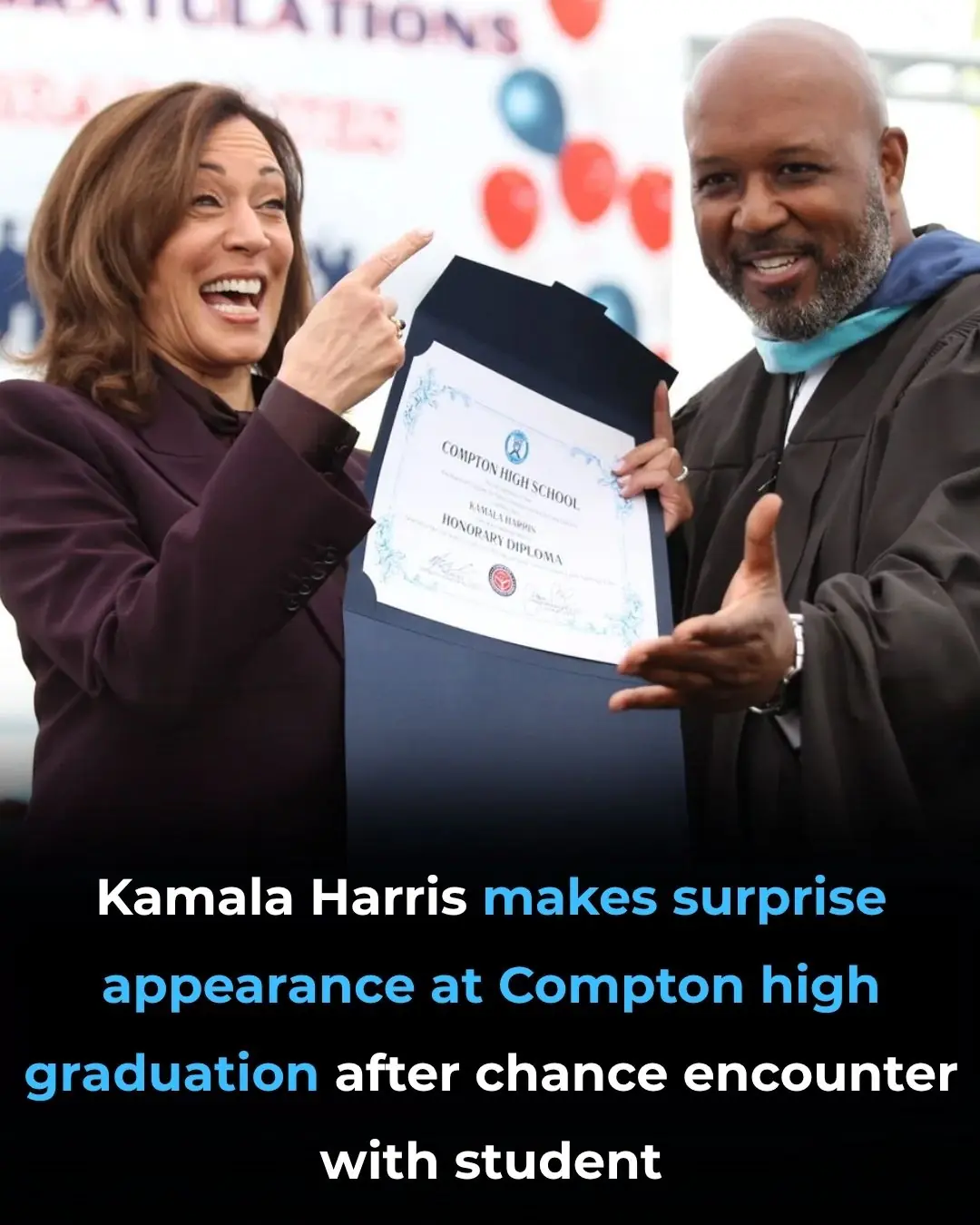
Kamala Harris Makes Surprise Appearance at Compton High Graduation After Chance Encounter With Student

Reading Rainbow Is Back With A New Host — Mychal the Librarian
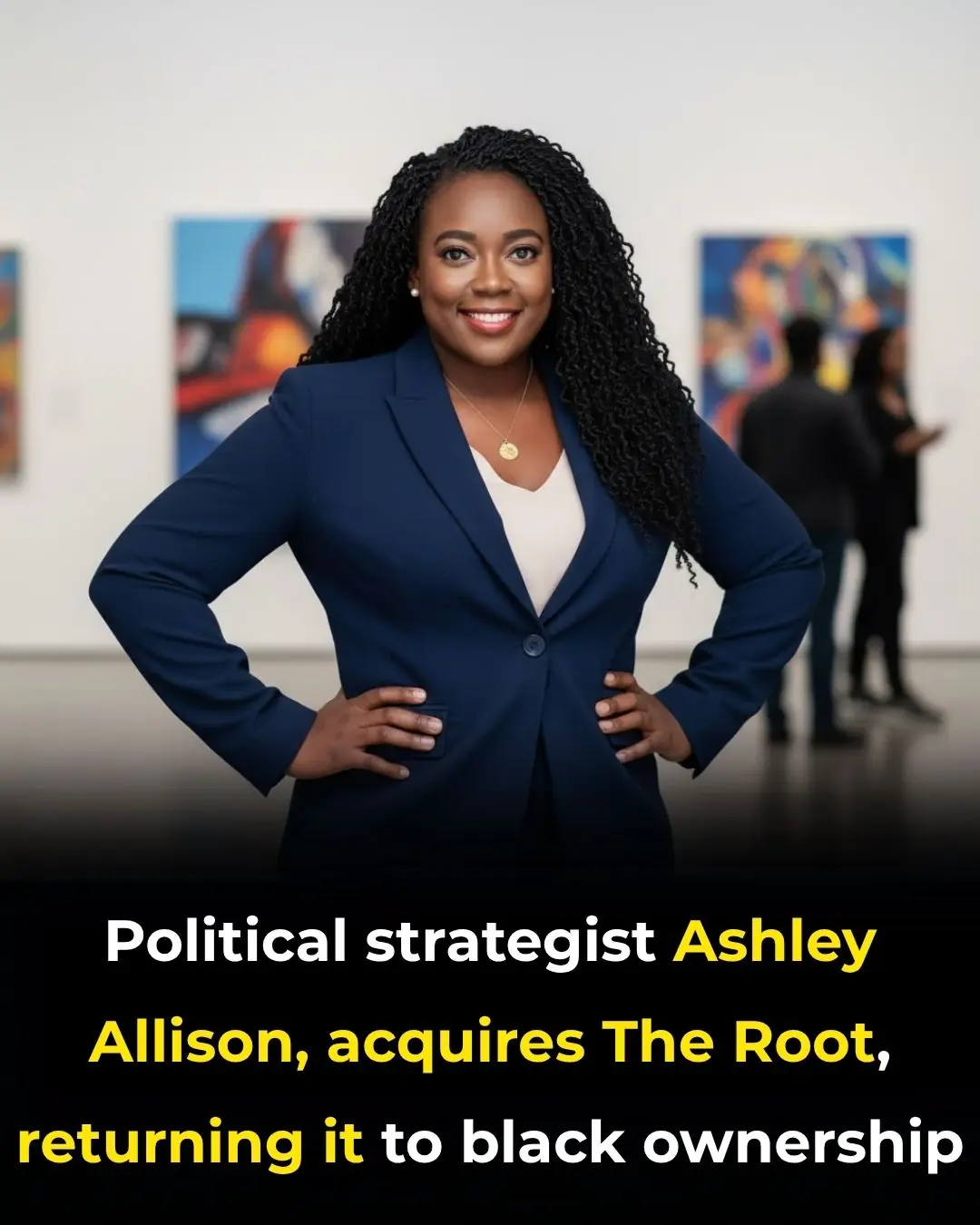
Political Strategist Ashley Allison, Acquires The Root, Returning it to Black Ownership
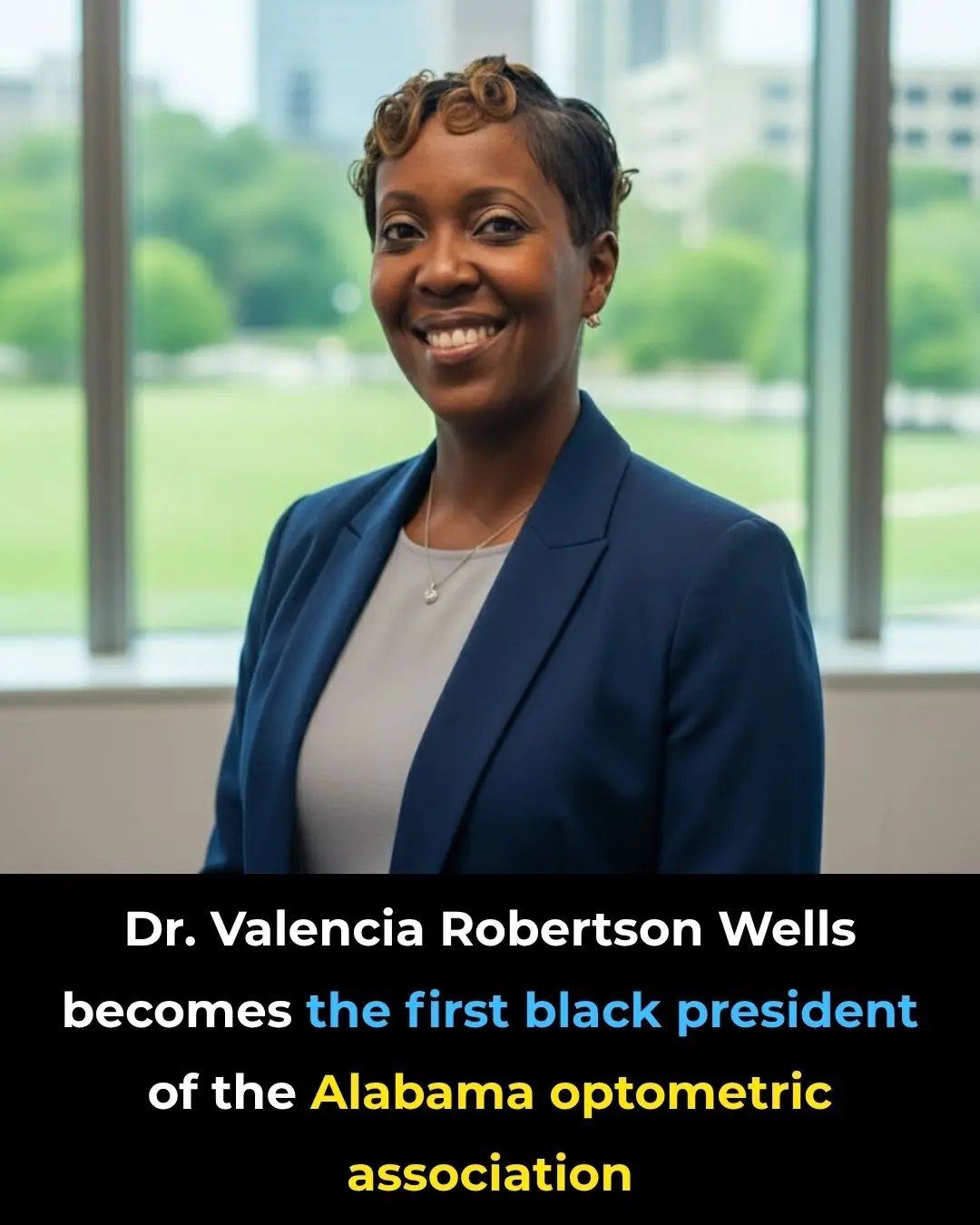
Dr. Valencia Robertson Wells Becomes First Black President of the Alabama Optometric Association
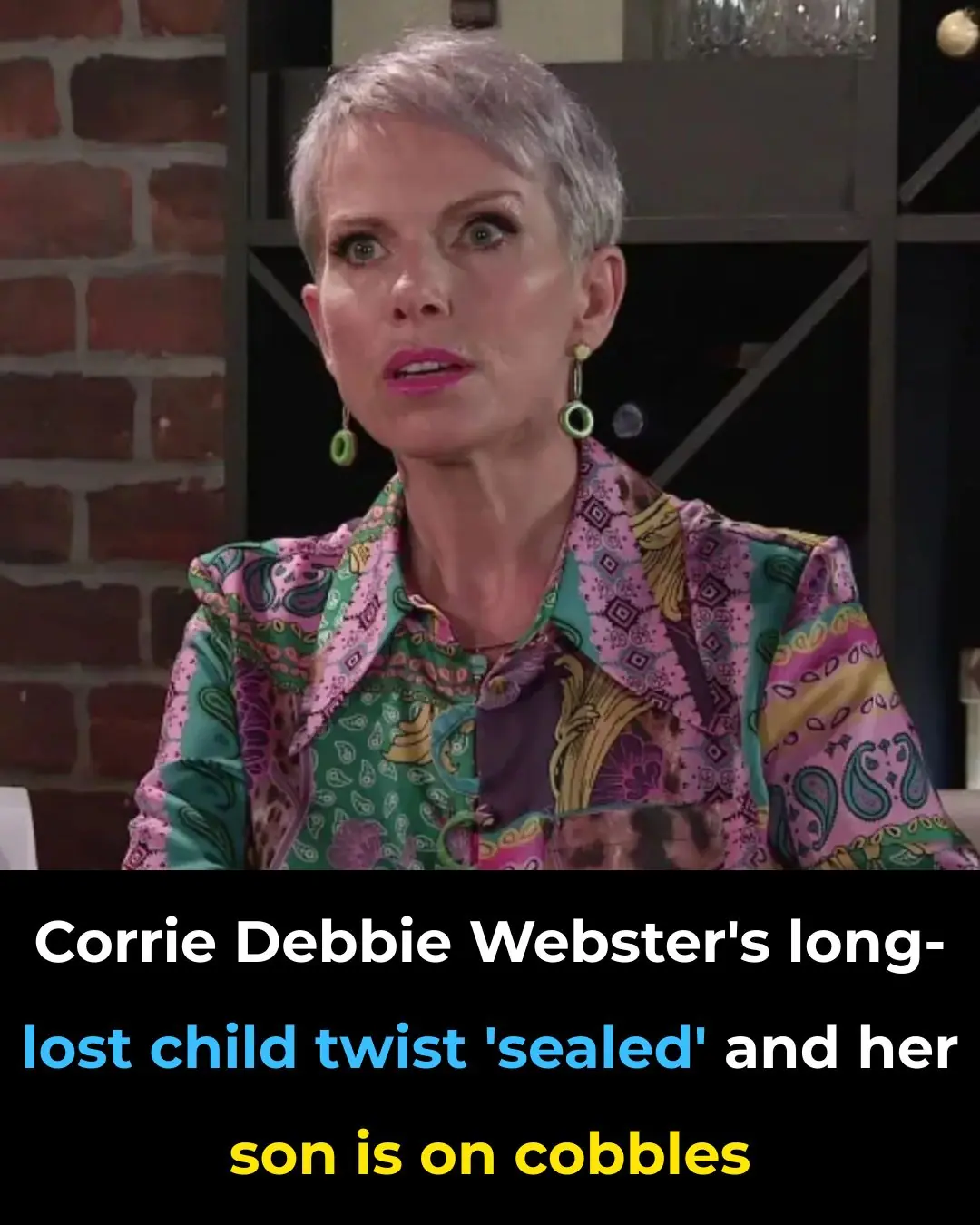
Coronation Street Debbie Webster' secret child twist 'sealed' and her son is on cobbles

George Clooney teases major ‘Ocean’s 14’ update — and reveals which A-listers are set to return
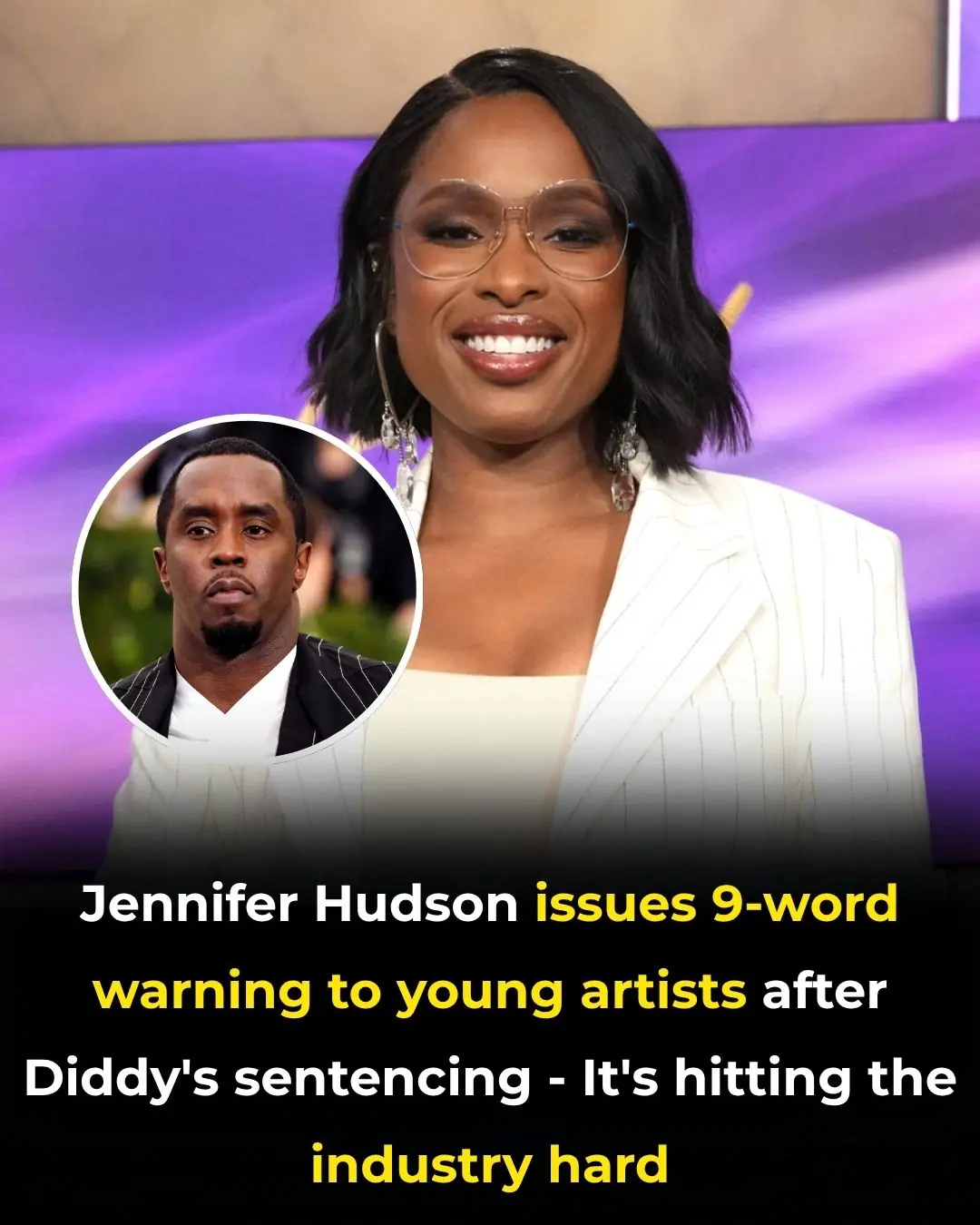
Jennifer Hudson Urges Young Artists to “Protect Yourself” Following Sean ‘Diddy’ Combs’ Sentencing

Jennifer Hudson Credits Oprah Winfrey for Teaching Her the ‘Grace of the Spotlight’ — A Friendship Years in the Making

Tee it high, buy it low: Shop extended Prime Day golf deals before time runs out

‘High-functioning alcoholic’ shares moment she realised it was a problem

Robin Williams' daughter begs people to stop sending 'disgusting' videos of her father to her

KISS legend Gene Simmons, 76, hospitalized after scary car crash in Malibu

Kylie Kelce has the best reaction to Taylor Swift’s raunchy ‘Wood’ song about brother-in-law Travis
News Post

How to make chicken mixed with Vietnamese coriander that the whole family will love

The fruit that grows in gardens and is rarely eaten turns out to be an autumn 'miracle drug', better than ginseng and bird's nest.

It's been a long time since I've seen this plant. It has good effects but is hard to find.

5 types of water good for your kidneys: Especially the first type, it's free and the more you drink it, the longer you live.

How to wash hair with betel leaf water helps reduce hair loss and makes new hair grow continuously

Bill Belichick trying to ‘find the leak’ with reports of UNC dysfunction spreading

Mike Francesa misses Yankees watch party for ‘emergency’ surgery

Taylor Swift’s floral ‘Late Night With Seth Meyers’ outfit is covered in Easter eggs

When to Worry About Veins That Appear Out of Nowhere

Selena Gomez’s kidney donor, Francia Raisa, addresses wedding snub and feud rumors

The Flower You Pick Will Reveal Your Truest Trait

How to grow papaya in pots, fruit is heavy, big and sweet

Melissa Koby Becomes First Black Woman to Create Official U.S. Open Artwork, Honors Althea Gibson for 75th Anniversary

Save millions of electricity bills every year by knowing how to clean this part of the rice cooker

Mix banana peels with this and leave it in the corner of the house. After just 1 night, all the cockroaches will run away.

Joy-Ann Reid Returns to the Mic With New Podcast “The Joy Reid Show”

Kamala Harris Makes Surprise Appearance at Compton High Graduation After Chance Encounter With Student

4 ways to boil chicken without water
